
What is FDA Certification in the US?
Do you know? When selling food, cosmetics, pharmaceuticals, and other products on Amazon US, you must consider not only product packaging, transportation, pricing, and marketing but also obtain approval from the United States Food and Drug Administration (FDA). Only products registeRED with the FDA can be sold in the US market, avoiding the risk of being taken off the shelves.
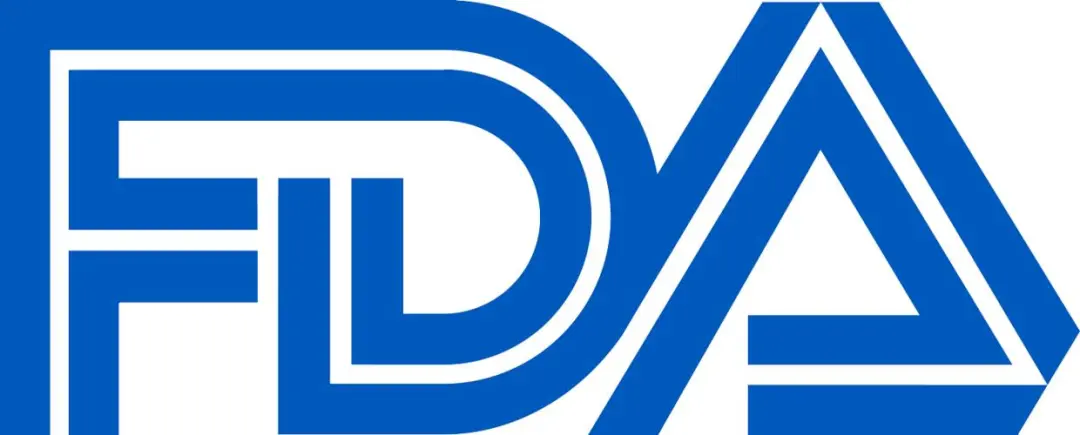
Compliance and quality assurance are the keys to successfUL export, and obtaining FDA certification is the "passport" to entering the US market. So, what is FDA certification? What types of products need to be registered with the FDA? This issue provides an in-depth explanation.
What is FDA Certification?
FDA stands for the Food and Drug Administration, the highest law enforcement agency authorized by the federal government, specializing in food and drug management.
FDA certification aims to ensure that products sold in the US market meet FDA standards for safety, efficacy, and quality. As one of the world's strictest regulatory agencies, FDA certification in the fields of food and drugs is widely recognized internationally. The FDA is also known as one of the largest food and drug regulatory agencies globally, belonging to the US Department of Health and Human Services. It is responsible for managing nationwide drugs, food, biological products, cosmetics, veterinary drugs, medical devices, and diagnostic supplies.
FDA certification is a set of standards and regulations issued by the FDA and is a mandatory condition for conducting business in the US market. If companies wish to sell relevant products in the US market, obtaining FDA certification is a necessary condition to comply with laws, regulations, and quality standards.
Types of FDA Certification
Strictly speaking, there is no single FDA certification. Generally, FDA certification mainly refers to three types: FDA registration, FDA testing, and FDA approval.
1. FDA Registration: Companies exporting food, drugs, and medical devices to the US must register with the FDA, listing the company and products. Otherwise, customs will not clear the goods, which is a mandatory requirement.
2. FDA Testing: FDA testing refers to the safety testing of food contact materials, product contact packaging testing, biocompatibility testing for medical products, and clinical safety testing.
3. FDA Approval: This mainly applies to drugs, meaning the drug is allowed to be marketed.
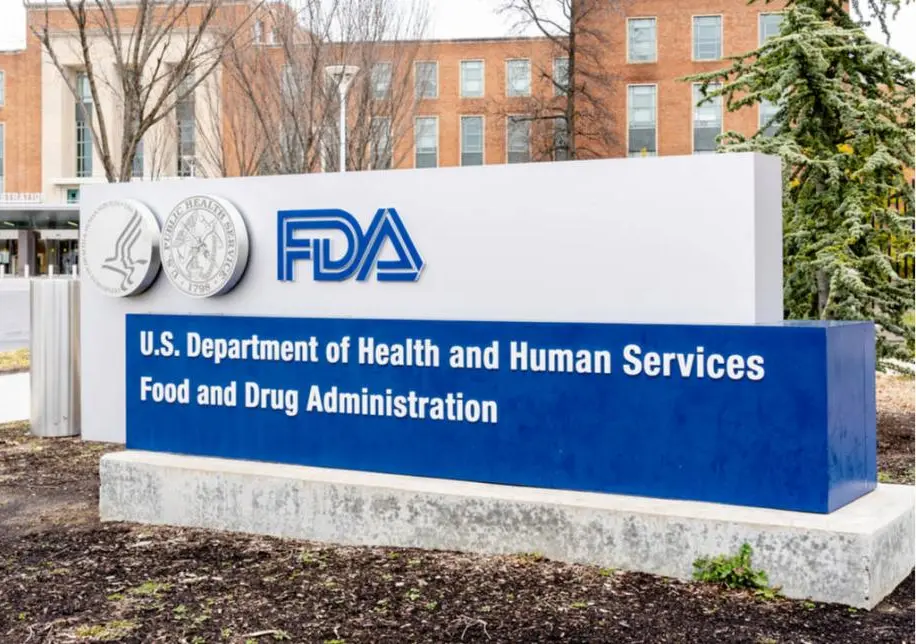
What Products Need FDA Certification?
1. Food and Dietary Supplements
- Food and beverages, including processed foods, packaged foods, frozen foods, etc.
- Dietary supplements such as vitamins, minerals, herbal extracts, etc.
2. Cosmetics
- Cosmetic color additives like hair dyes, cosmetic pigments, etc.
- Skin moisturizers and cleansers like facial cleansers, skincare creams, etc.
- Cosmetic nail polishes, perfumes, etc.
3. Medical Devices
- Masks and protective equipment, including surgical masks, N95 masks, gloves, etc.
- Prescription and over-the-counter drugs like tablets, ointments, eye drops, etc.
- Human vaccines and biological products like vaccination agents, plasma products, etc.
- Dental devices and materials like dental drills, dental filling materials, etc.
- Surgical implants and artificial organs like artificial joints, pacemakers, etc.
- Prosthetics and assistive devices like prosthetic limbs, hearing aids, etc.
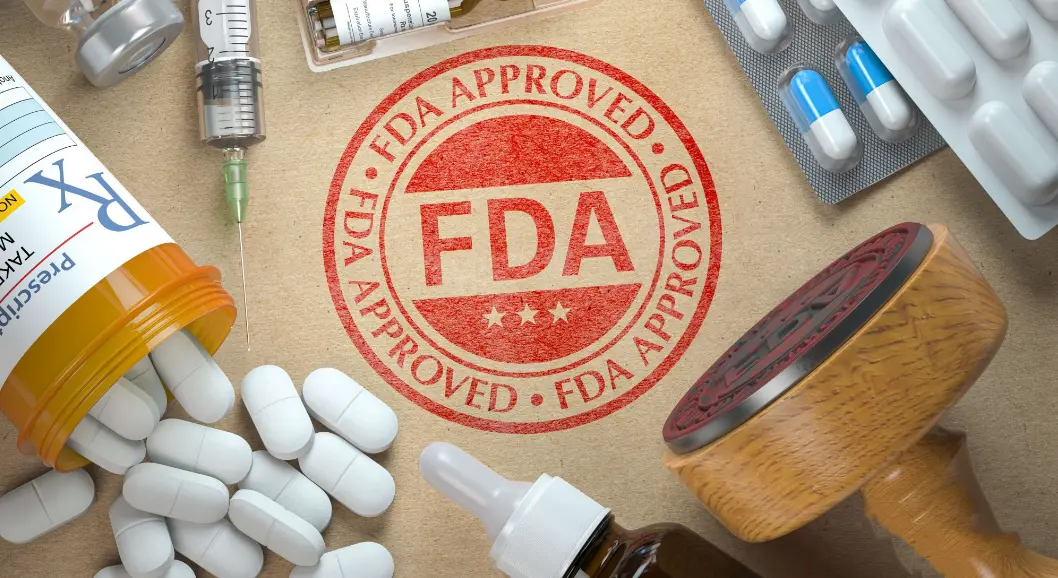
4. Laser Radiation Products
- MICrowaves and microwave devices.
- X-ray devices, such as medical X-ray machines.
- Sunlamps and tanning devices.
5. Veterinary Products
- Veterinary drugs, including prescription and over-the-counter animal medications.
- Pet foods like cat food, dog food, etc.
- Livestock feed and veterinary drugs.
6. Tobacco Products
- Cigarettes and cigarette tobacco.
- Roll-your-own and cigar tobacco.
- Smokeless tobacco like gum, snuff, etc.
Categories of FDA Registration
1. Cosmetics Registration
- Factory Registration: Apply for an account, submit the registration upon FDA confirmation, and wait for FDA approval.
- Product Registration: Requires factory registration first, then submit product ingredients. The cost of ingredient registration increases with the number of ingredients.
2. Food FDA Registration
- Confirm if the product falls under FDA food control.
- Choose a US agent.
- Prepare company and product information in English.
3. Medical Devices FDA Registration
- Includes company registration and product listing.
- Upon completion, you can query relevant information on the FDA website using the registration code, query code, or company name.
Additionally, there are FDA testing reports for food contact materials, laser product FDA registration, drug and daily necessities FDA registration.
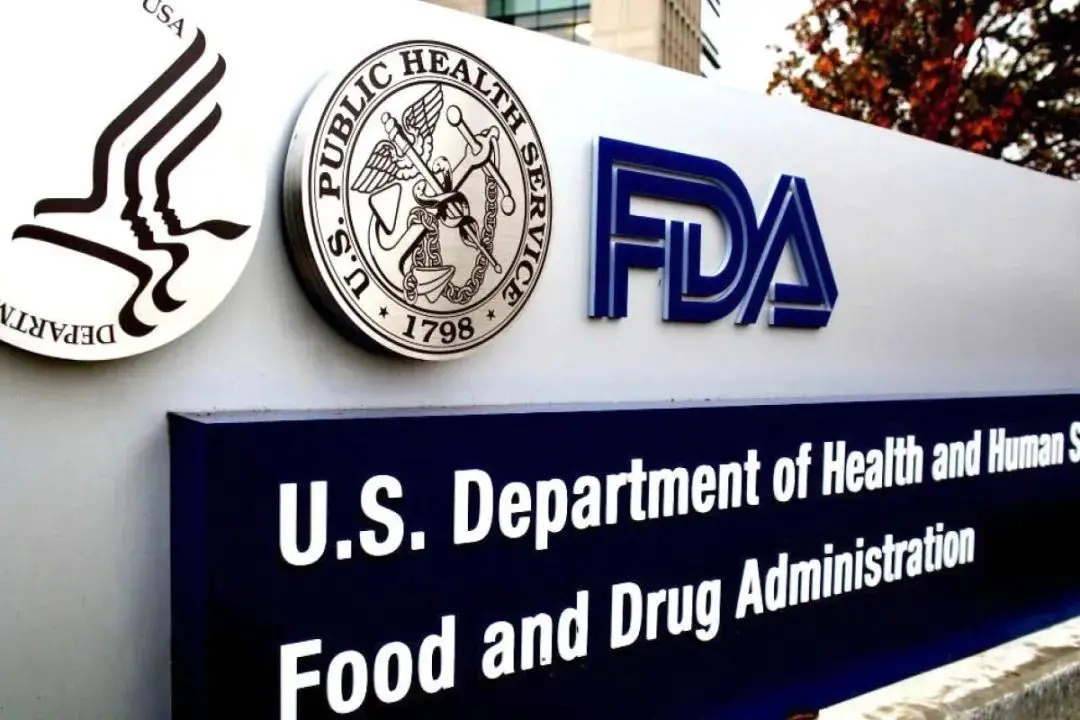
Main Aspects and Procedures Involved in FDA
1. New Drug Approval: Pharmaceutical companies need to submit a New Drug Application (NDA) to the FDA and undergo FDA review and approval to ensure the new drug's safety and efficacy. FDA evaluates clinical trial data, drug manufacturing processes, and labeling information.
2. Medical Device market Authorization: Companies manufacturing and selling medical devices need to submit market authorization applications to the FDA to ensure the devices meet FDA safety and performance standards. This includes different categories of devices like Class I, Class II, and Class III, requiring different levels of FDA review.
3. Food Additive Approval: Food manufacturers need to submit applications for new food additives to the FDA to obtain FDA approval, proving their safety for human health.
4. Cosmetics and Ingredients Regulation: Cosmetic manufacturers must ensure their products and ingredients comply with FDA regulations but generally do not require specific FDA approval. FDA regulates the labeling and ingredients of cosmetics.
5. Food Safety and Hygiene Regulation: FDA is responsible for regulating food safety and labeling information. This includes food additives, food packaging, and the registration and inspection of food production facilities.
FDA Certification Process
Step 1: Determine Product Classification and Category
- Different product categories must meet different standards and regulations. FDA mainly divides products into three categories: drugs, medical devices, and food/cosmetics. Depending on the product category, FDA will execute different certification and inspection procedures.
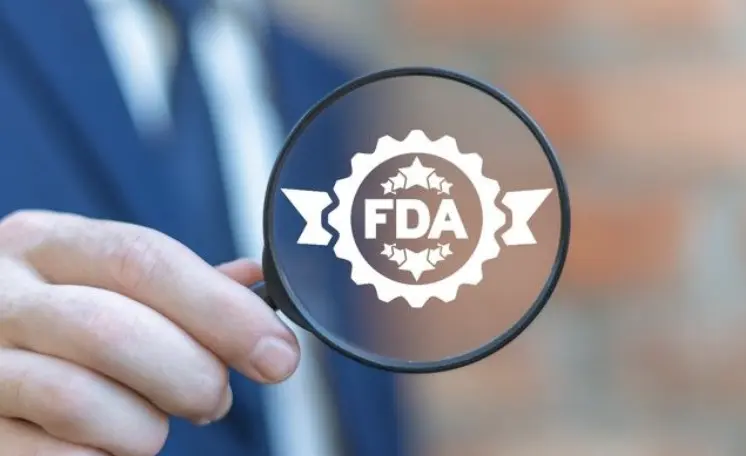
Step 2: Develop a Plan and Timeline
- The plan should include laboratory tests, demonstrations, manufacturing, and production approvals to ensure the certification process proceeds smoothly, ensuring all test and demonstration materials meet FDA standards and regulations.
Step 3: Prepare and Submit the Application for Review
- The application should include all necessary information and materials to prove the product meets FDA standards and requirements. Applicants must submit a dossier that includes:
1. Product description (explaining the product's purpose, ingredients, production process, etc.)
2. Samples (providing typical product samples for FDA testing and evaluation)
3. Laboratory test reports (including chemical, physical, and biological test results)
4. Clinical trial results (if for drugs or medical devices)
5. Production and quality control plans
6. Manufacturing approval certificates
After submission, the FDA will conduct a preliminary review to determine if it meets FDA standards and requirements. If the preliminary review is passed, the FDA will schedule a visit to the applicant's company and conduct on-site audits. If the audit is successful, the FDA will approve the product for sale and issue an FDA certification.
Common Questions about FDA Certification
Does FDA registration require a US agent?
Yes, overseas applicants must appoint a US citizen (company/association) as their agent when registering with the FDA. The agent is responsible for conducting process services in the US and acts as a liaison between the FDA and the applicant.
How to query FDA certification?
Log in to the FDA website and enter the relevant registration number to query. FDA official website: www.fda.gov
FDA official query website: accessdata.fda.gov/scri
Does FDA require designated certification laboratories for testing?
FDA is an enforcement agency, not a service agency. Thus, FDA does not have serviCE certification institutions or laboratories open to the public. FDA only recognizes the GMP quality of service testing laboratories, issuing certificates of compliance.
What is the validity period of FDA registration?
Cosmetics FDA registration: Company registration is valid for two years, and product registration is valid for one year. Once registered, cosmetics can be sold in the US, adhering to relevant regulations.
Medical Devices FDA registration: Valid for one year, renewal is required annually in October. All companies involved in the production, preparation, propagation, compounding, assembly, processing, or import of medical devices must register with the FDA.
Laser Radiation FDA registration: Valid for one year, renewal is required annually in July.
Drug FDA registration: Valid for one year, renewal is required annually in October. All drug manufacturing plants must register with the FDA and declare all ingredients.
Food FDA registration: Renewal is required every two years. All companies manufacturing, processing, packaging, or storing food or food ingredients consumed in the US must register with the FDA.
Overall, the FDA's role is to ensure that various products on the market comply with relevant regulations and standards to protect public health and safety.
When selling categories like food contact materials (tableware, cups, etc.), cosmetics, drugs, dietary supplements on Amazon US, sellers generally need to provide FDA testing reports.
Email:hello@jjrlab.com
Write your message here and send it to us
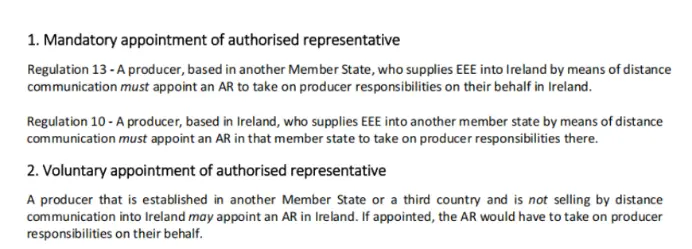 Irish Battery Act Requires an Authorised Represent
Irish Battery Act Requires an Authorised Represent
 Swedish Battery Act Requires an Authorised Represe
Swedish Battery Act Requires an Authorised Represe
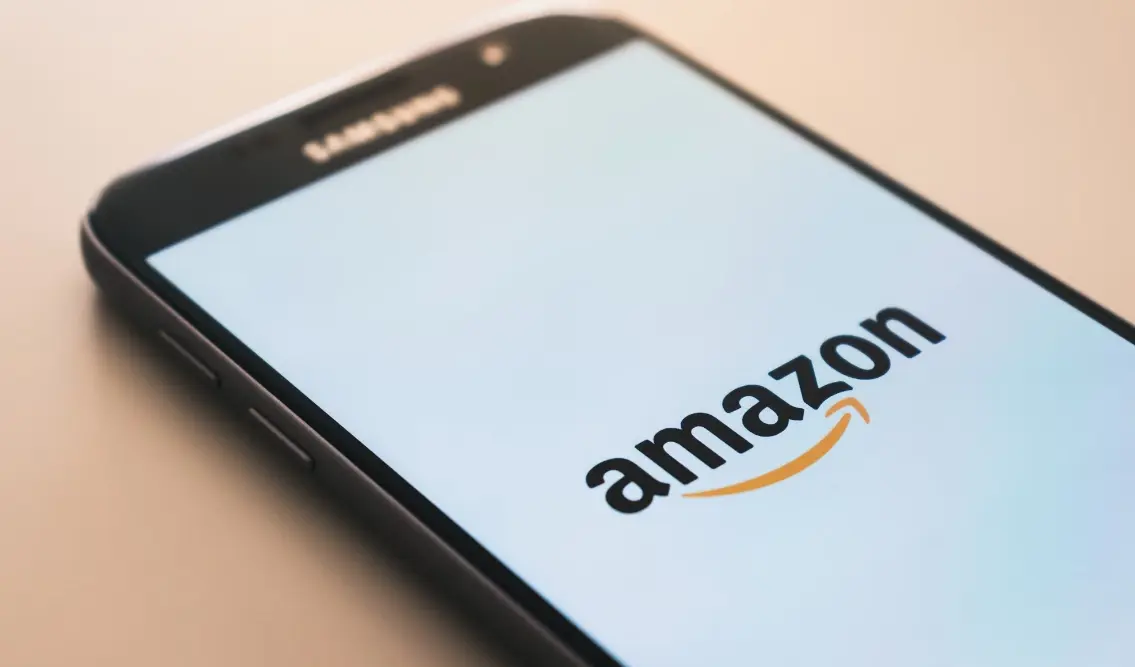 Amazon TIC Provider
Amazon TIC Provider
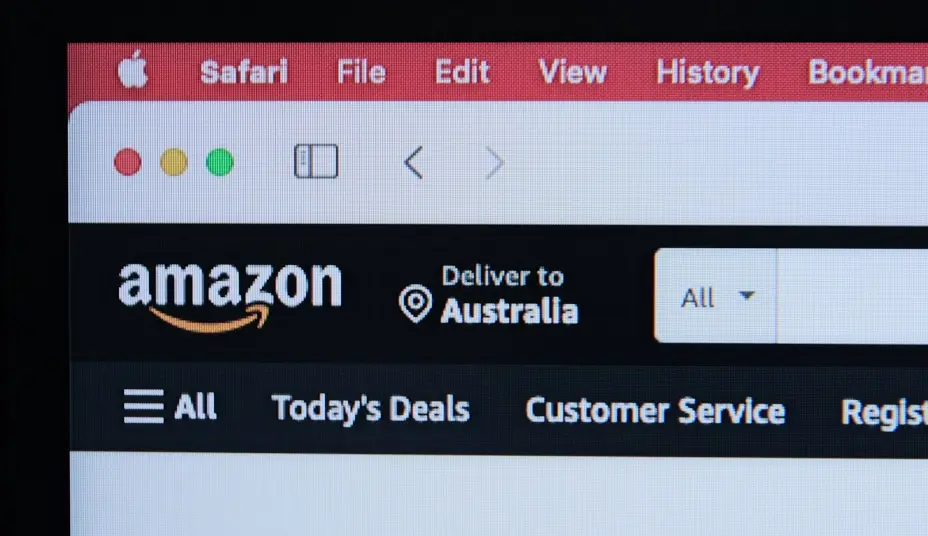 Amazon Battery and Charger Requirements
Amazon Battery and Charger Requirements
 Amazon Japan METI A Domestic Administrator Service
Amazon Japan METI A Domestic Administrator Service
 What is "Amazon Japan PSE: A Domestic Adminis
What is "Amazon Japan PSE: A Domestic Adminis
 What Does "ASTM F963-17 Certified" Mean?
What Does "ASTM F963-17 Certified" Mean?
 ASTM F963 Board Games Compliance Testing
ASTM F963 Board Games Compliance Testing
Leave us a message
24-hour online customer service at any time to respond, so that you worry!




